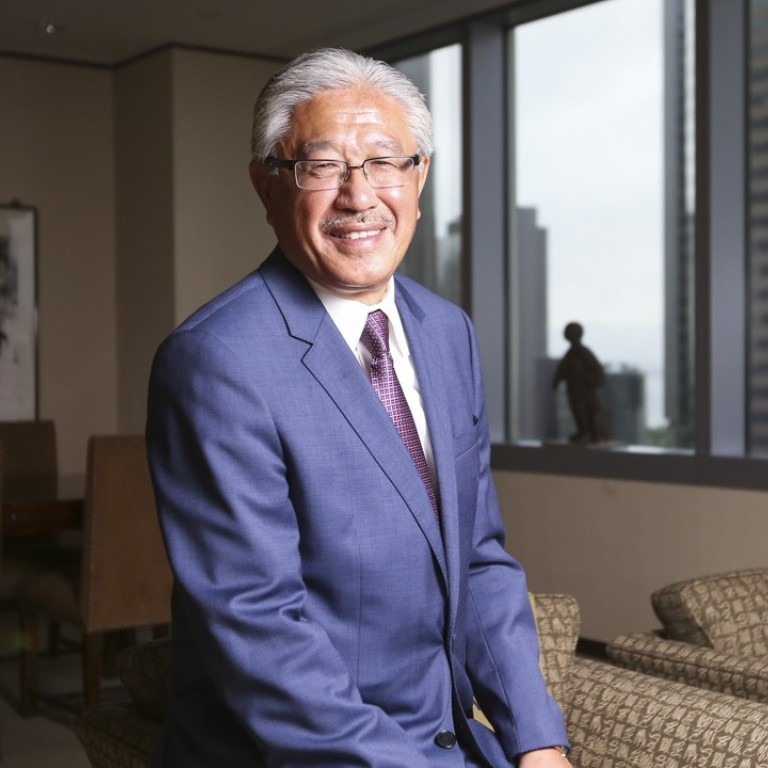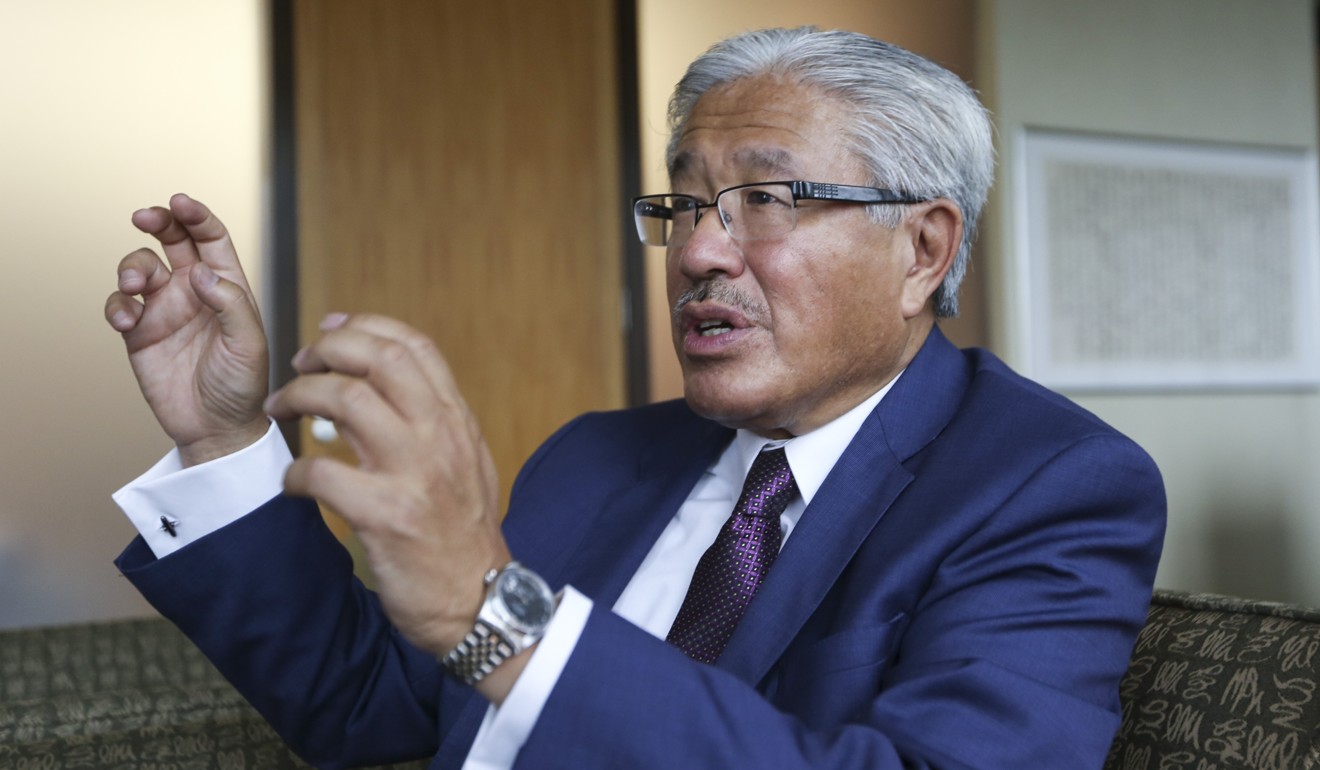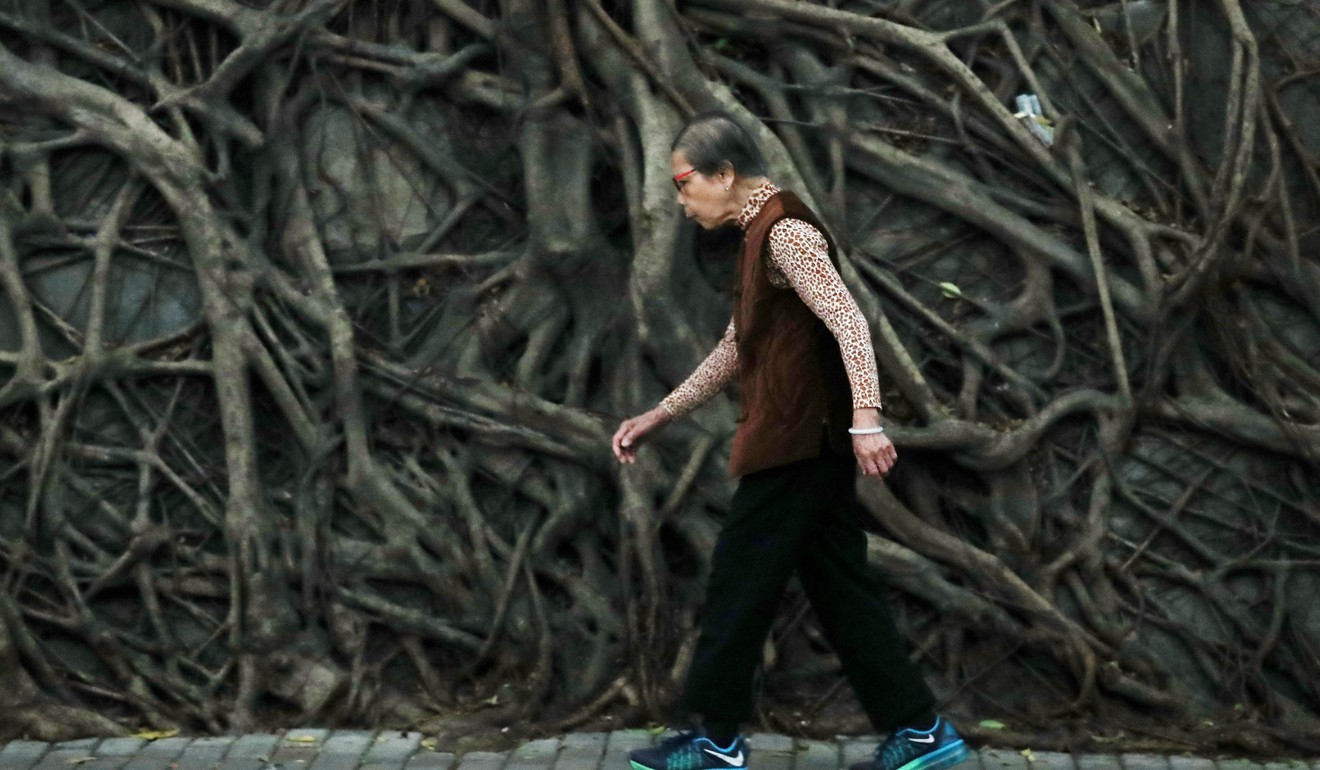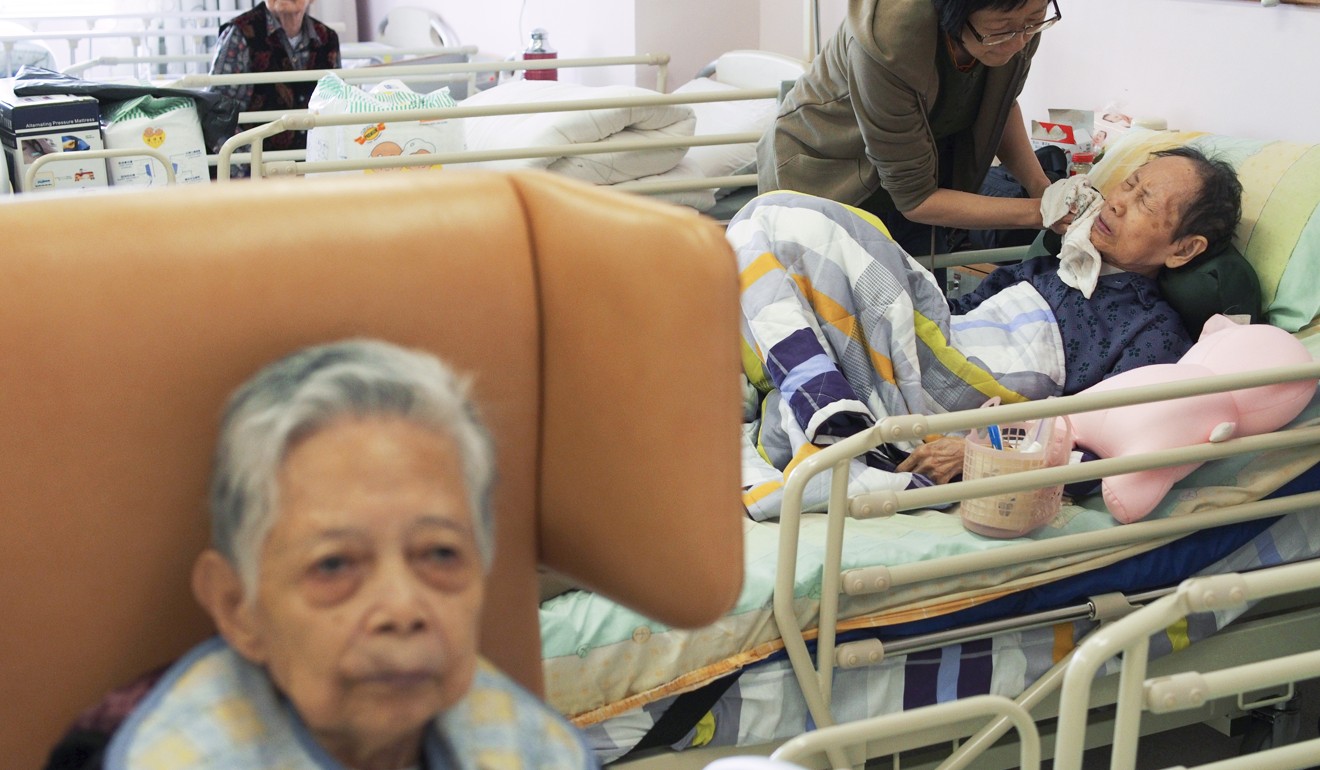
Healthier approach vital to tackle Hong Kong’s ageing society, top US medicine scholar says
US National Academy of Medicine head says various fields of expertise along with public and private money needed to keep people living healthier longer
Integrated efforts both inside and outside government will be required to tackle health care challenges brought by Hong Kong’s ageing population, the head of a top American medical institution said.
Professor Victor Dzau, president of the US National Academy of Medicine, said various fields of knowledge across society would need to come together to shape a healthier society in the face of the coming “silver tsunami”.
“We need to look at society holistically and not in silos ... almost every policy has a health lens to it,” said Dzau, who grew up in Hong Kong.
The academy advises national and international bodies on health care issues. Dzau returned to Hong Kong last week to launch the academy’s first international health policy fellowship programme, which is being set up with the Chinese University of Hong Kong.
“When you think about how to make a healthy community, you think about education – the biggest predictor of long-term health,” Dzau said. “If you don’t live in a good housing environment, you think about issues like asthma aggravated by the environment.”

The proportion of the Hong Kong population aged 65 or older is projected to increase from 15 per cent in 2014 to 28 per cent by 2034. Dzau, a cardiologist and former head of the Duke University Health System, said the trend meant policymakers and scientists needed to think of ways to make people live healthier rather than just longer.
As an example he said social and medical services should be integrated, as they were equally essential for the elderly and together would make care more “efficient and effective”.
Dzau declined to comment on exactly how Hong Kong should do this, but said countries such as Sweden and France were doing better in this area.

Hong Kong has also been looking to harness technology to enhance care for the elderly, with a Gerontech and Innovation Expo cum Summit to be held next week. Dzau said academic institutions should be the hubs for creating innovative health care solutions.
“You bring in a lot of other disciplines into the field – not just health but technology and engineering,” he said.
Hi-tech consumer products such as devices that monitor health remotely have allowed elderly residents to be more productive and functional than ever before, he said.

But synergy between disciplines will require support from both government and the private sector to provide research funds or to commercialise innovative products. Dzau said that at some of the best universities in the US the proportion of public to private funding for research was at a ratio of about 3:1.
With societies across the world braced for a greying population, Dzau was nonetheless optimistic about the change.
“On ageing, none of us wants to see it as a burden,” he said. “We see this as a challenge or opportunity.”

